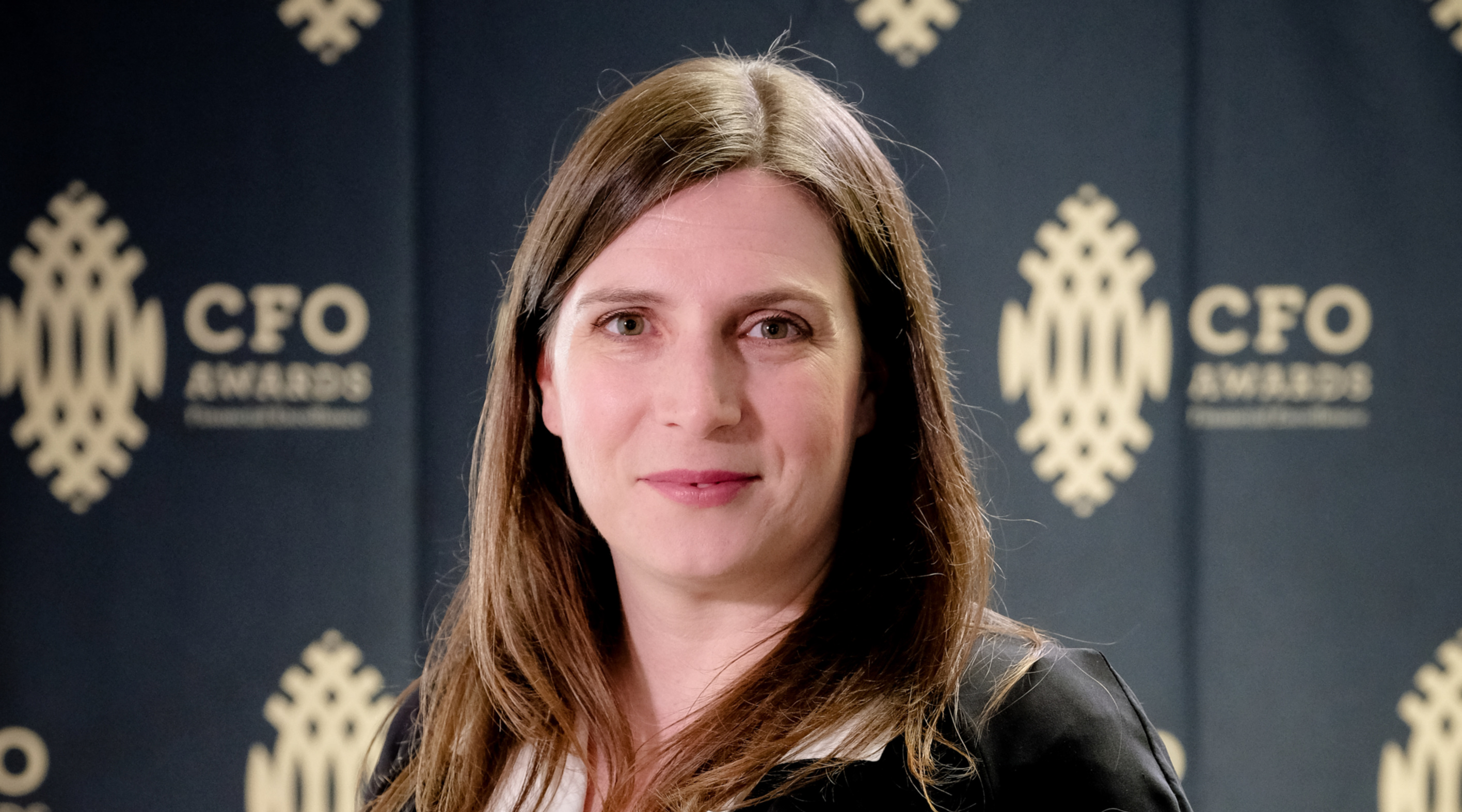Black Umbrellas' success rate in incubating startups is 50 percent - well above the national average of 10 percent.
The Black Umbrellas incubator programme assists small businesses in their journey from startup to sustainability. Their 50 percent success rate beats the well-known statistic that 90 percent of small businesses fail within their first year. Black Umbrellas’ incubation programme has this directive at the heart of its existence. It collaborates with partners in the private sector, government and civil society to address the low levels of entrepreneurship and high failure rate of 100 percent black-owned emerging businesses in South Africa.
By providing a structured and highly subsidised programme, across a national footprint of business incubation offices, these SME clients are afforded the expertise, office infrastructure, training, mentorship and resources required for them to take the next step in growing a successful business.
While their statistics boast of their overall achievements, it is the stories of the individual entrepreneurs who have been through their programme that show how Black Umbrellas is changing lives for the better.
Achieving growth, empowering others
Ntsoaki Kortjass, the owner of Tsoabelo Security Solutions, is a Black Umbrellas entrepreneur in her second year with the programme. Being in the security industry, Ntsoaki understood the technical skills required to perform the work but felt that she lacked the expertise to manage and run her own business. This was when she decided to join the programme as a pure start up.
“Being on the programme has assisted me in clearly defining the purpose of my company, and in the planning and implementation phase of rolling out my business plan. When I applied, I literally didn’t even have a business, plan, so they helped me to understand what I needed to do to create a viable and sustainable business. I believe I have now implemented the processes that will help me grow my company from strength to strength.”
In her second year of business, she has now achieved revenue of over R1 million. She now employs six people, and has various contracts in the private and government sectors. She also employs guards on a contractual basis, depending on the length of the various projects.
“It’s been amazing because I am empowering people. I have taken my interns from a previously disempowered background to full-time employment. It feels great, growing as a company, growing as a brand and contributing to a positive economy. It’s only onwards and upwards from here for me, in a male-dominated industry.”
Growing Value Able Consulting into a sustainable business
Mulondi Nthulana and his partner Ndivhuwo Nedoboni were running Value Able Consulting, a startup accounting, tax and advisory firm, from an apartment in Centurion with “one couch, one chair, a small table and a printer”.
Mulondi is an entrepreneur at heart and wanted to run his own business rather than working for someone else, but those around him were less confident in his abilities.
“My ex-girlfriend’s family used to send me job ads and internship opportunities. That used to hurt me a lot because I felt that the people around me were put pushing me towards what I wanted to achieve,” he says. “But we were surviving. We were managing to get one new client a month, and meet our basic needs. We were able to afford our groceries.”
After four months in the Centurion apartment, Mulondi found out about the Black Umbrellas Incubator Programme and he applied. The business was accepted, and that was when things really started to change for Mulondi.
“As you can see, we now appear more professional. We have access to meeting rooms, when we didn’t even have a landline before. We have three employees now.”
He says that aside from the office infrastructure and support, Black Umbrellas has furthered his business by helping him to write a proper business plan - a requirement for application, and helped with training and marketing.
Today, their client base has grown, and they now average earnings of R70 000 per month. “Initially our target was small businesses who would understand that the two of us worked out of an apartment. Now we’re moving on from the SMME market to bigger companies.”
Their customer base now includes clients in the healthcare and construction industries, as well as schools and municipalities. Mulondi says that having gone through the Black Umbrellas programme gave his business the boost it needed, and makes him feel confident about his future.
“It feels really awesome. It’s a relief to know that my business is now a going concern, and I am able to create opportunities for others to grow in the accounting industry. I’ve taken a giant leap into entrepreneurship.”
He has a new fiancée and was expecting a baby in the month the interview took place. “My fiancée feels secure that I can look after her and the baby,” he says.
Collective impact
Black Umbrellas CFO Nyasha Madavo (pictured) has this to say about the word that Black Umbrellas does in uplifting small businesses and, ultimately, the broader economy:
“We are changing lives on a day-to-day basis. It’s so rewarding to see black-owned businesses such as Value Able Consulting and Tsoabelo Security Solutions joining BU to get business support, and seeing them grow and create much-needed jobs.”
She says that what sets Black Umbrellas apart as an ESD partner is that they are clearly able to demonstrate the impact of the ESD contributions they receive. “This is over and above helping our partners optimise their B-BBEE points as well as their tax position through the section 18A certificates we issue,” she says.
The collective impact generated by Black Umbrellas’ SME clients:

[cfocoza-cta slug=become-a-black-umbrellas-mentor-donor-or-advisor]








